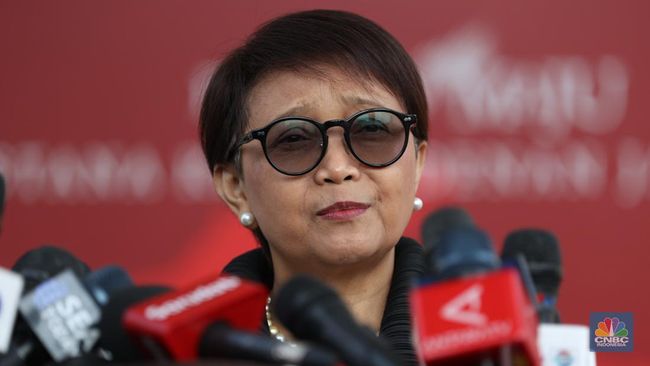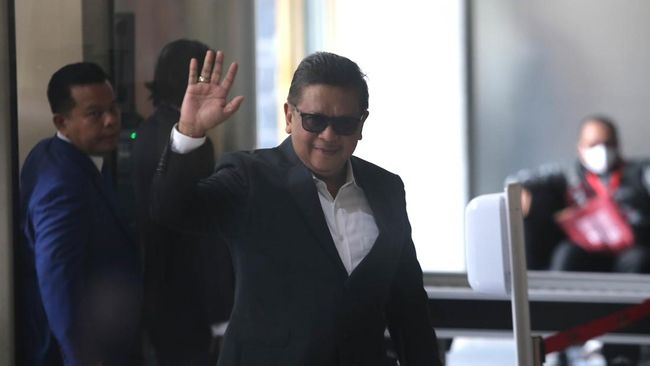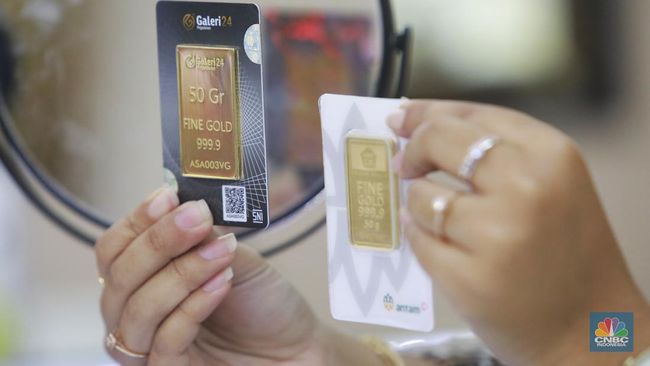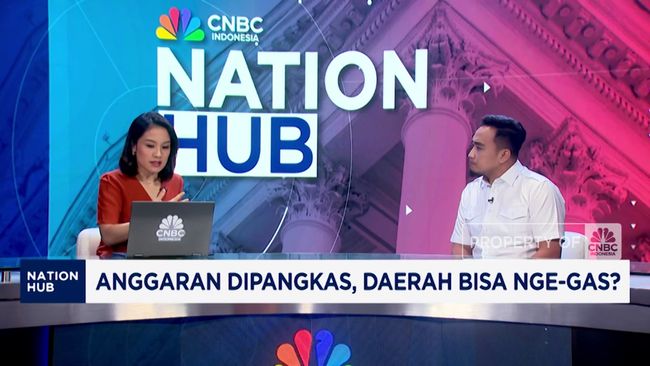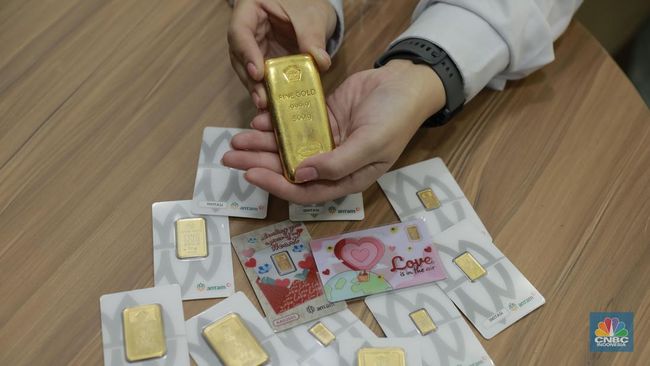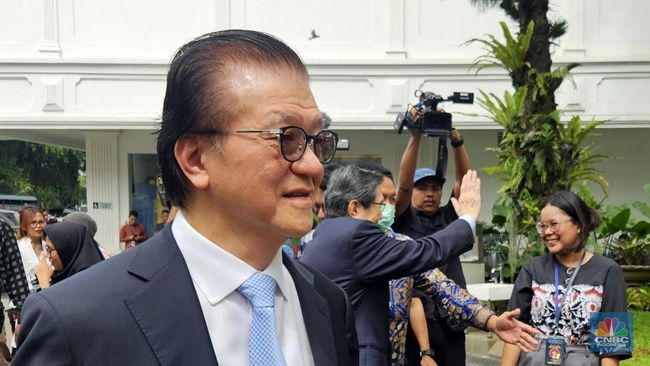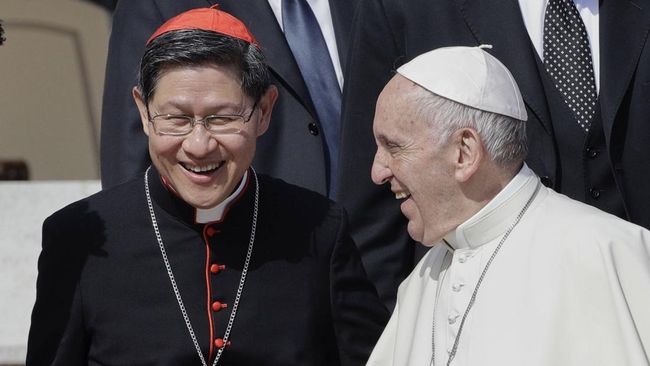T.J. Quinn

T.J. Quinn
ESPN Senior Writer
- T.J. Quinn joined ESPN in November 2007 as an investigative reporter for ESPN's Enterprise Unit, which is charged with developing long-form, investigative features to be presented across multiple platforms.
Michael Rothstein

Michael Rothstein
ESPN Staff Writer
- Michael Rothstein is a reporter for NFL Nation at ESPN. Rothstein covers the Atlanta Falcons. You can follow him via Twitter @MikeRothstein.
Apr 16, 2025, 01:56 PM ET
Members of Congress are pushing for a showdown with the World Anti-Doping Agency, asserting that China has compromised the organization's independence and credibility. Bipartisan coalitions in both houses say WADA must choose: commit to greater transparency or say goodbye to U.S. dues payments.
The clash started last year when media reports revealed that 23 Chinese swimmers went unpunished after testing positive for a banned substance in 2021. Eleven of the swimming went on to compete in the 2021 Olympic Games. WADA accepted Chinese athletic authorities' explanation that the swimmers ate tainted food and did not report the incident -- even to its own executive board members.
Congressional leaders and the U.S. Anti-Doping Agency say WADA's actions reflect undue influence by China. Separate House and Senate bills, with strong bipartisan support, demand that WADA submit to an audit before $3.6 million in annual U.S. dues payments resume. The Biden administration had suspended payments in January.
Differences between the two sides have never escalated to this level before, so it's unclear where this could lead. The Olympic sports world's entire anti-doping system is based on WADA's authority, which means that any nation wanting to compete in an Olympic sport must agree to its code. A permanent split between WADA and the United States could create chaos, but members of Congress seem determined to force the issue: If WADA can't be trusted to enforce its code fairly, then a split might be the better alternative.
WADA monitors doping across the globe. USADA is WADA's designated U.S. affiliate.
The International Olympic Committee inserted stipulations in the 2034 Salt Lake City Olympics contract requiring host countries to respect "the supreme authority" of WADA on doping matters. U.S. defiance could put the games in jeopardy, but authorities involved in the 2034 planning discount that possibility.
One senator has called for rallying like-minded nations to withdraw from WADA altogether. President Donald Trump, a persistent critic of China, has not moved to restore funding but also has not stated a position about the Capitol Hill effort. Both WADA and Trump administration officials told ESPN they have started introductory communications but did not provide specifics.
WADA officials insist the agency has done nothing wrong. One top official labeled allegations of collusion with China as "conspiracy theories." There is no obvious solution in sight. "I can't imagine it's lost on [WADA] that this is a truly bipartisan effort, that it's not a U.S. senator, it is the U.S. Senate," said Sen. Marsha Blackburn, R-Tenn., the Senate bill's co-sponsor.
No opposition to the legislation has surfaced in either house. WADA, insisting it had followed procedures and acted properly, refused a Biden administration demand that the agency agree to an audit. That prompted the unprecedented halt in U.S. dues payments -- the largest of any nation and constituting 15% of WADA's budget. WADA says it considers the case closed and that it had no basis to punish the swimmers.
"China got special favoritism under the rules for their athletes and nothing happened. That's the problem that we're trying to get accountability and transparency on," Travis Tygart, USADA's chief executive, told ESPN. "The facts suggest a significant, a big problem. And the answers to date have only raised more questions." Sen. Richard Blumenthal, D-Connecticut, told ESPN that WADA "has squandered and shredded its credibility and trust." The bill he is co-sponsoring would, among other stipulations, require a U.S. seat on WADA's executive committee and any other relevant governing committee.
A WADA spokesperson told ESPN that annual governmental contributions "are not conditional" and that agreeing to U.S. stipulations would constitute a "breach of WADA's own rules."
"They choose to ignore what China has done. That is just so egregious," Blackburn told ESPN. "It's like an agency that has not only lost its footing, it has lost its way. Because now they have proven they can be bought."
"It's hard to believe that 23 Chinese swimmers ate something in a cafeteria at a hotel and it caused them to have some heart enhancing medicine in their blood system when it's a known fact that it washes out of your system quickly," said Sen. Shelley Moore Capito, R-West Virginia. "If your whole mission is anti-doping, then do it."
The House and Senate bills would not significantly change existing law regarding White House authority to withhold dues payments. They would, however, draw attention through congressional hearings and send a message of bipartisan congressional resolve to WADA and the IOC.
"Ahead of the FIFA World Cup & Olympics, we want to ensure a level playing field for these historic games, which would also include banning men in women's sports," a White House official told ESPN in a statement.
WADA President Witold Banka recently told reporters he wants to work with the government and U.S. Olympic and Paralympic Committee. But the feud with USADA's Tygart continues to simmer.
"It's hard to have reasonable collaboration with someone who still believes ... that there was a coverup from [the] WADA side," Banka said. "So, until Mr. Tygart [stops believing] conspiracy theories, it's going to be hard to work collaboratively with USADA."
Rahul Gupta, who was director of National Drug Control Policy under Biden, said WADA seemed unfazed after the U.S. dues cancellation. "They weren't concerned," Gupta told ESPN. "And that concerns me."
The WADA spokesperson said the absence of U.S. funding, "will have some impact on WADA's operations."
U.S. officials have also raised concerns that China has given about $2 million above its normal WADA contribution in recent years, as The Associated Press reported last year.
"All this was done in total transparency," WADA director general Olivier Niggli stated at the time. Despite the "optics," Niggli added, "I have absolutely no problem with the relationship we have with China."
"I think the [Chinese government] has way too much sway with WADA. I think a lot of their athletes are doping and they want to have control over the agency that would otherwise police them," said Rep. Raja Krishnamoorthi, D-Illinois, a House co-sponsor.
Asked what confidence he had of reaching an acceptable agreement with WADA's current leaders, Gupta said, "Not a whole lot. And I say that having worked with them almost four years. I do think that a change in leadership is probably going to be necessary."
WADA filed, but later withdrew, a defamation lawsuit against Tygart and USADA over statements about the Chinese swimmers scandal. It also filed an ethics complaint against Gupta, accusing him of having a conflict of interest because of a U.S. federal investigation into the swimming scandal.
Senate and House sponsors say they hope to begin hearings within the next two months. WADA did not send a representative to testify in June hearings about the Chinese swimmers.
Tygart said he hopes recently elected IOC President Kirsty Coventry helps pressure WADA to be more transparent in its governance.

 3 weeks ago
14
3 weeks ago
14



























